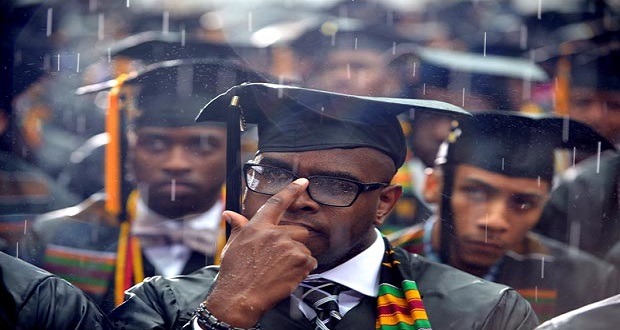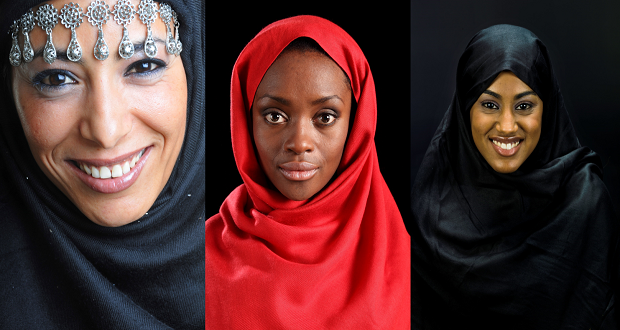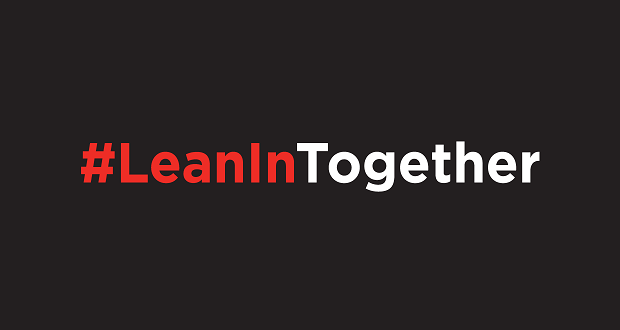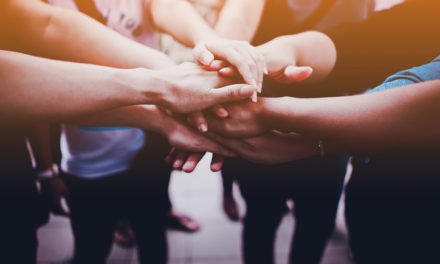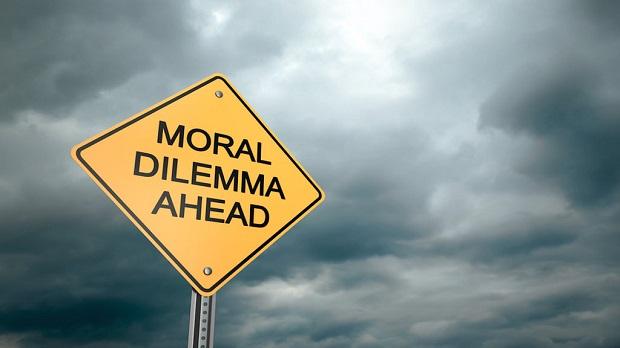
I’m writing this post on the day after the election after a long day of sessions with clients on dealing with race-based trauma in the workplace—needless to say, like many of you, I’m exhausted and at a loss for words. We are now in the Trump era—so I know nothing else to do but begin thinking about how to move forward. I do not think that Trump’s candidacy created division as much as it has revealed division—this election has been the biggest “ripping off the band aid” that we’ve had in quite some time. So how do we heal?
I’m currently reading a fascinating book on how our brains are wired to help us make moral decisions—including political decisions. It is Moral Tribes: Emotion, Reason, and the Gap Between Us and Them, by leading neuroscientist, Joshua Greene. In the book, Greene argues that part of our human nature—developed throughout history—is that we are naturally better (although still challenged) at making moral decisions for our own tribe. We evaluate sacrificing our needs for the needs of our close others (our children, spouses, neighbors, etc.). But human beings have historically not been as successful at making moral decisions and sacrifices for other tribes—those distant and different than we are (other nations, other regions, other races, etc.). This is our moral dilemma—and it plays itself out in political cycles, especially this one.
I’m only halfway through the book, and I’d highly recommend as a must read for those in the Diversity and Inclusion space, so my only recommendation at this point as a practical application is to settle with the fact that at least part of the reason for deep moral divides lies in our human nature. And the related challenge is in our culture that highlights our commonalities and ignores differences, there can be great power in first admitting that we feel and experience the world differently—generally loving and sacrificing for our own tribe, while feeling distant or hatred towards others. This is not easy to admit or reckon with. But it’s necessary if we’re ever going to move forward.
I have talked with several Donald Trump supporters along the way who are genuinely surprised by the outrage and fear of Trump’s presidency—they tell me they think the fears are exaggerated, unfounded and not realistic. But when I explain where I think fears are coming from like the ripple effect of the Muslim ban or mass deportations, or hate crimes from Trump supporters, they respond in shock because they never considered those natural reactions. Again, the issue is we are not exposed to other tribe’s experiences and this creates an empathy gap in our moral decision-making and how we build relationships.
America is the most diverse—with the most differing tribes—of any modern democracy. It is in our DNA to exist with difference. But we still have lots of work to do so that all American tribes feel included, safe, and ready to thrive.

